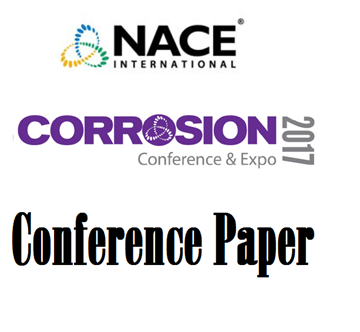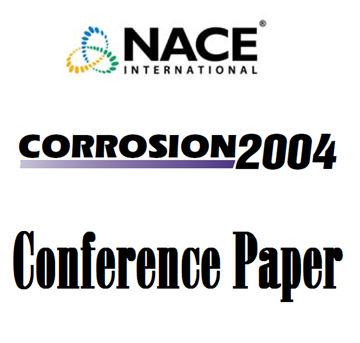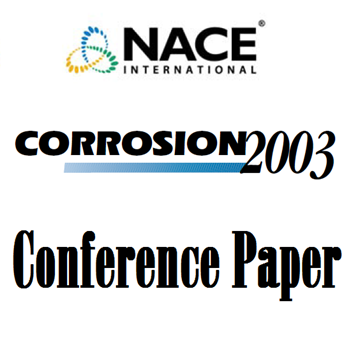Search
09348 Prevention of External Chloride Stress Corrosion Cracking of Austenitic Stainless Steel with a
Also Purchased
51317--9518-Chloride Stress Cracking of an Austenitic Stainless Steel Pipe Fitting in a Hydroprocessing Unit
Product Number:
51317--9518-SG
ISBN:
9518 2017 CP
Publication Date:
2017
$20.00
04022 Experiences on Thermal Spray Aluminum (TSA) Coating for Offshore Structures
Product Number:
51300-04022-SG
ISBN:
04022 2004 CP
Publication Date:
2004
$20.00
03029 STRATEGIES TO PREVENT CORROSION UNDER INSULATION IN PETROCHEMICAL INDUSTRY PIPING
Product Number:
51300-03029-SG
ISBN:
03029 2003 CP
Publication Date:
2003
$20.00




